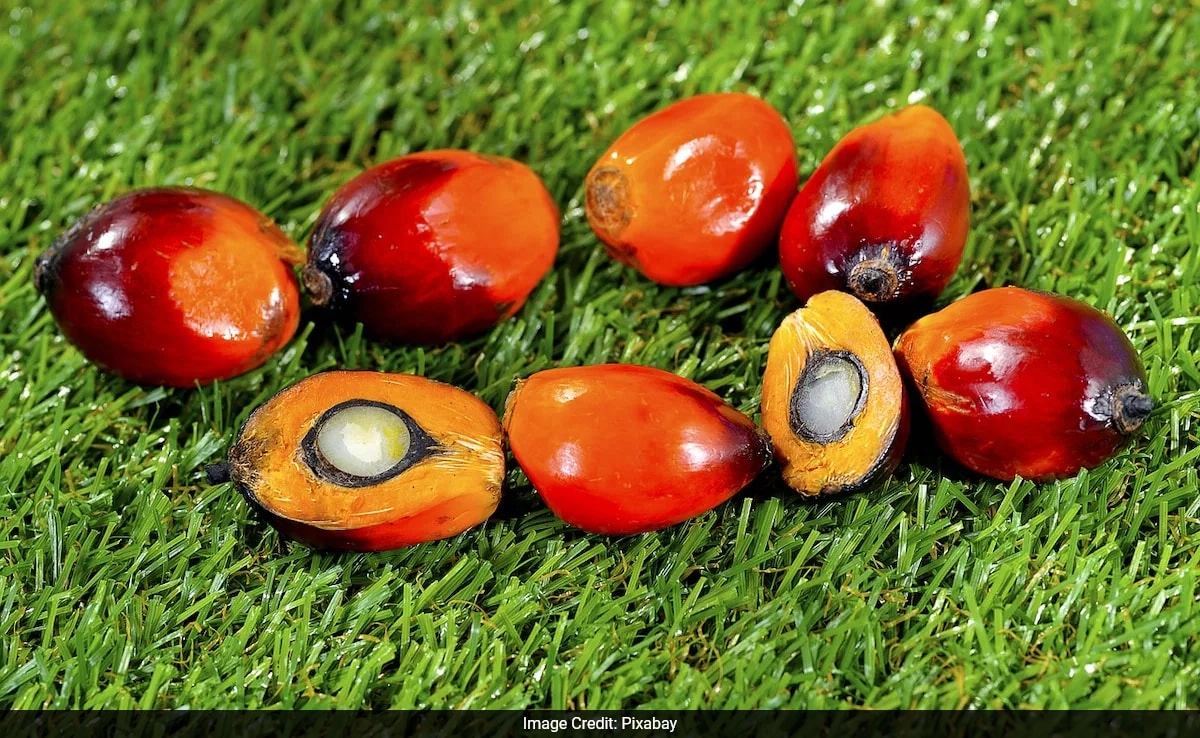India has recently emerged as the largest buyer of oil palm seeds from Malaysia, marking a significant development in the agricultural trade between the two nations. This shift is notable given India’s growing demand for palm oil, which is primarily utilized in cooking, food production, and various industrial applications. The surge in imports can be attributed to several factors, including India’s expanding population and increasing consumption of edible oils, which has prompted the country to seek reliable sources for palm oil production. As a result, Malaysian oil palm seed suppliers are experiencing a heightened demand, fostering a closer economic partnership between India and Malaysia.
The relationship between India and Malaysia in the oil palm sector has deep historical roots, but the recent trend signifies a new chapter in their agricultural collaboration. Malaysia has long been a leader in oil palm cultivation and production, and its expertise in this field is instrumental for India as it aims to bolster its own palm oil production capabilities. By importing Malaysian oil palm seeds, India is not only enhancing its agricultural practices but also working towards achieving greater self-sufficiency in edible oil production. This strategic move aligns with India’s broader goals of reducing dependence on imported edible oils and ensuring food security for its vast population.
Moreover, the increase in oil palm seed imports from Malaysia is expected to benefit both countries economically. For Malaysia, the export of oil palm seeds represents a lucrative opportunity, contributing to its agricultural economy and strengthening its position as a global leader in palm oil production. For India, this collaboration could lead to advancements in agricultural technology and practices, as Malaysian expertise can help Indian farmers optimize yields and improve the overall quality of palm oil production. In the long run, this partnership could pave the way for further investments in agribusiness and research, fostering innovation and sustainability in the agricultural sector.
As the two countries continue to develop their agricultural ties, the implications of India’s status as the top buyer of Malaysian oil palm seeds extend beyond mere trade statistics. This collaboration has the potential to transform the agricultural landscape in India, enabling it to better meet the demands of its population while simultaneously contributing to the global palm oil market. The ongoing exchange of knowledge, technology, and resources between India and Malaysia will be crucial in addressing the challenges faced in palm oil cultivation, such as environmental concerns and the need for sustainable practices. Ultimately, this partnership can serve as a model for future agricultural collaborations between nations, demonstrating the importance of cooperation in addressing global food security challenges.




